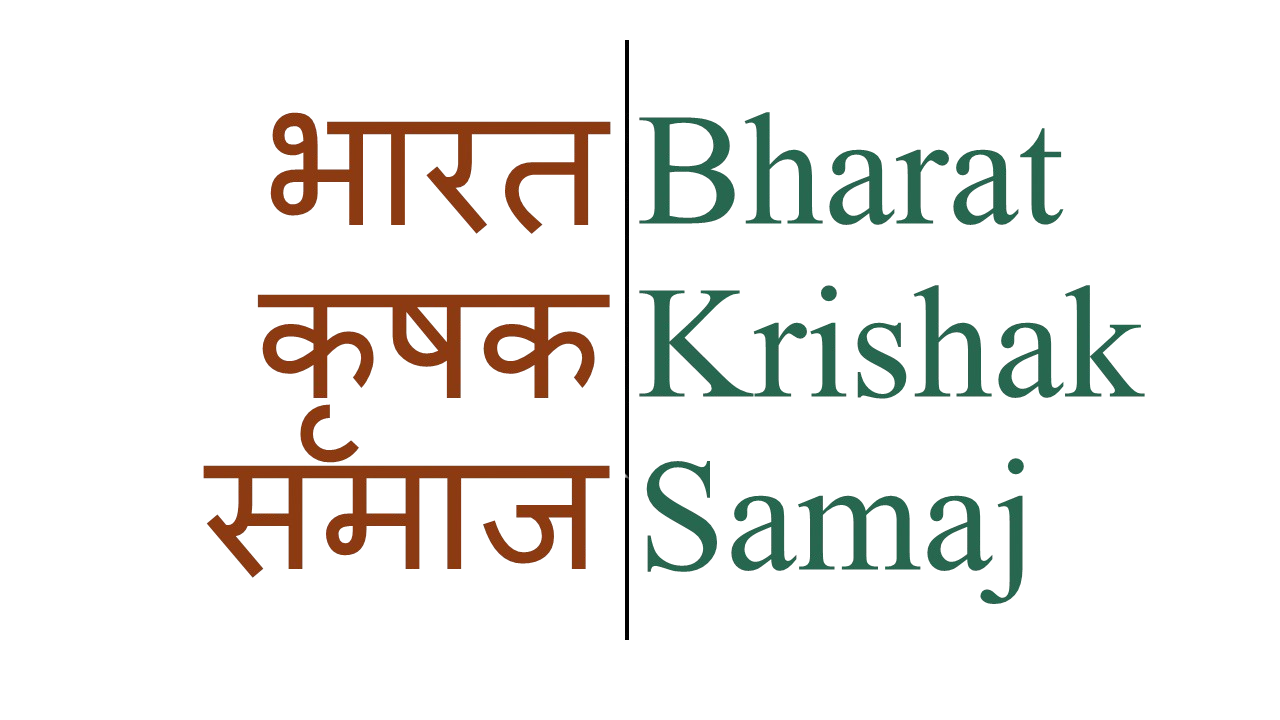A month back, it was evident beyond doubt that wheat yields were down due to the exceptional heat wave and government procurement of wheat would also remain far below the last year levels. But, the mirage of excess production, caused due to wrong estimates of wheat production and analytics by government agencies has led to misplaced policy decisions. In its exuberance to be a messiah to the world, India prodded private trade to export vast quantities of grain, which they complied with gusto. The central government also bravely announced an extension of the subsidized food programme by six months. Therefore, the government of India’s announcement to ban export of wheat has come like a bolt from the sky not only for Indian farmers, traders but also for the international community. Expectedly India has lost credibility and even the G7 has criticized the move.
Interestingly, when Mr. T Nand Kumar took charge as Secretary of Department of Food and Public Distribution in 2006 in midst of the food crisis; on his first visit to the PMO, he was advised not to rely solely on the data from the Department of Agriculture. After 75 years of independence, frustratingly, there are no credible real time crop production estimates, data of annual consumption or of stocks with private trade in the country. If the data had been exact and factual, the government would have not hesitated to announce a ₹250 per quintal bonus over MSP of wheat. This would have helped procure enough for India’s needs and the export ban may not have been required. The government of India has attempted to course correct by announcing to change allocations of 11 million tonnes of food grain for PM Garib Kalyan Yojna (PMGKY) and National Food Security Act (NFSA) from wheat to paddy. Unwittingly, having changed the countries diet over decades, it is difficult task, but it would help if the government allocates the rice to regions where it is the preferred diet. All these acts may not have much of a bearing on retail prices though.
Approximately 2.5 MT of wheat procured by exporters is stored in the open at the ports and 1.2 million tonnes is with traders across the country. Not only traders but tens of thousands of farmers are also holding wheat stocks. Exporters have contracted in-country stocks with small traders with a clause for cancellation of contracts if the government should intervene as it has done now. Many contracts will now stand cancelled. The market players do not have the financial liquidity to hold the nearly 4 million tonnes stocks worth ₹10,000 crore bought on short term credit. Add to the woes the logistics costs of returning stocks to domestic markets, will lead to wheat prices crashing. Within a day the prices are already down by 10%. But the experience of the last food crisis has shown that large exporters have a way of gaming the system, they can conjure backdated letters of credit from the banks to meet government export stipulations.
There was no shortage of wheat stocks in the country, it is FCI which was unable to procure its requirement which is the root cause of the panic attack in the bureaucracy. After meeting its buffer norms, estimated domestic consumption and accounting for 10 MT of likely exports during this financial year, India should have about 7.5 MT of wheat stocks. Having said that, considering the 3rd consecutive year of El Nino’s climatic turbulence in the Americas, the government should be very cautious going forward. Should the monsoons fail this year or the next, the government could have to import wheat and in the 2024 parliamentary elections the BJP could be in choppy waters.
The minimum support price is supposedly the point at which the government intervenes in markets to support farmers. Even though there is no restriction on FCI to procure over the MSP, but the FCI considers MSP as the maximum procurement price. There was absolutely no reason for farmers to subsidize the FCI and they should be paid the market prices. Restrictions on agricultural exports are an indirect tax on farmers everywhere in the world. Farm gate prices get artificially subdued by policy and farmers are unable to benefit from rising commodity prices while having to pay higher input costs. Farmers have always opposed a ban on export of agricultural commodities but these are exceptional circumstances. Such export bans are why farmers do not trust market reforms. Bridging the trust deficit is important. The government should now announce a ₹250 per quintal bonus to those farmers delivering wheat to the government agencies. It has happened in the past and will also help mop up-to one million tonnes of additional wheat in the country.
Farmers are demanding to be compensated for the opportunity loss. In the USA, when farmers suffer a loss due to government policy, the government compensates them, Hopefully, India’s policy will mature to such levels too. More importantly, exporters will now be reluctant to enter markets and, in future, when prices soar, traders will discount the risk before paying farmers. This export ban has very long-term unintended policy and trade implications for India.




